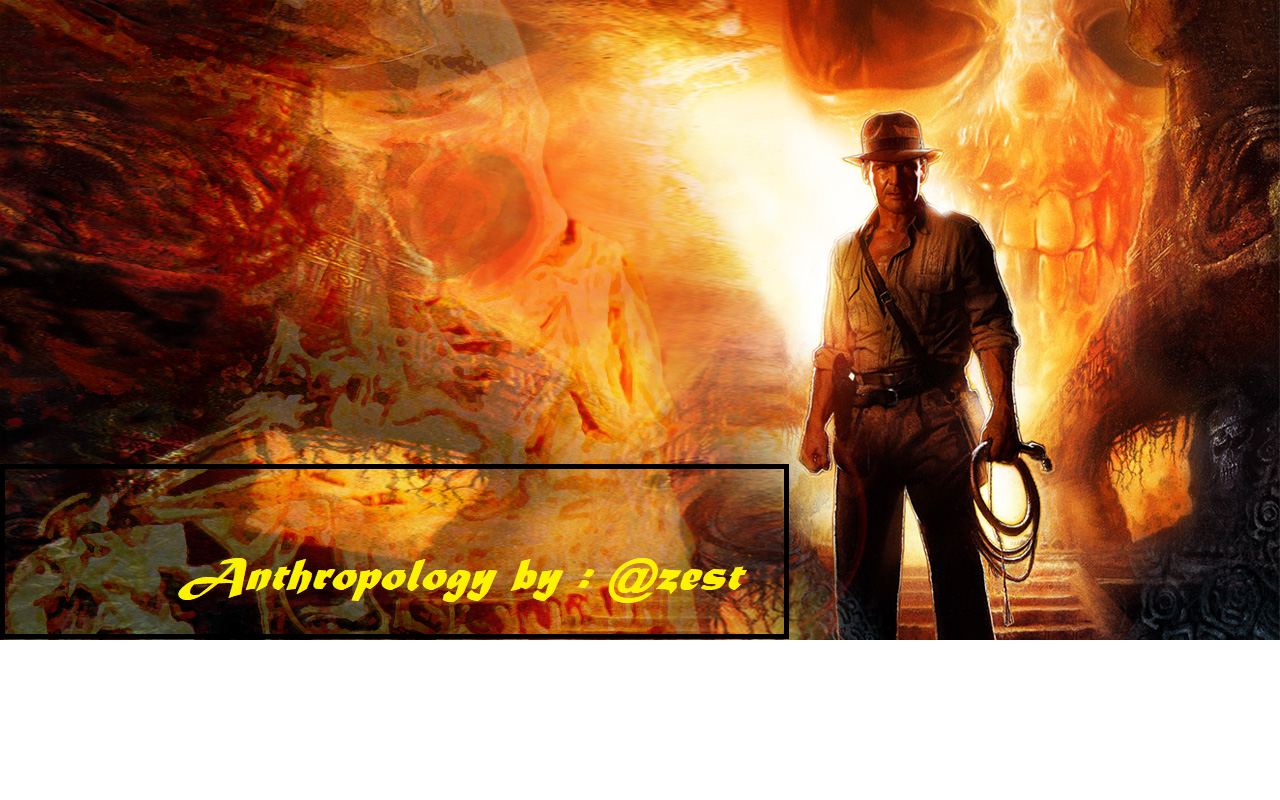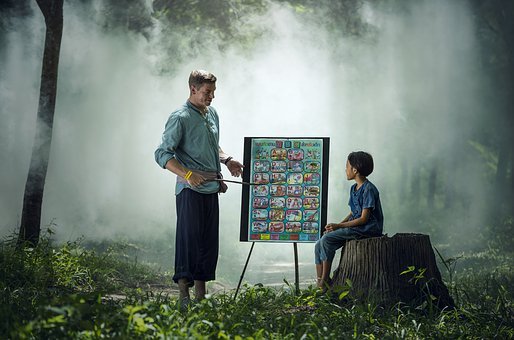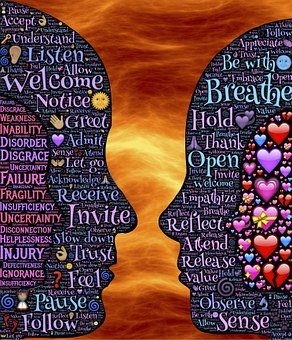Culture, Social life and Sociocultural systems - Part 4: Characteristics of Culture

Culture, Social life, and Sociocultural systems - Part 4: Characteristics of Culture
Characteristics of Culture
Anthropologists have studied a vast array of sociocultural systems or cultures for more than a hundred years, right up to and including, contemporary times. This has enabled them to develop an understanding of the main features or characteristics all human communities have in common: each community or group's sociocultural system is learned, shared, symbolic, integrated, all-encompassing and dynamic.
Let us now discover what each of these cultural features or characteristics entails - by considering how we have experienced, and are experiencing, our own culture.
Culture is learned
Humans have the ability or capacity to learn. We all learn our culture by growing up-in and with it. Anthropologists refer to the process of learning a culture enculturation or sociolisation: this is the way culture is transmitted or carried over from one generation to the next. Importantly, therefore, culture is not biologically inherited.
You might suggest, quite rightly, that most animals seem to display learn't behavior in the sense that they exhibit shared behavior. However, the degree to which such behavior is instinctive or learned varies. Ants, for example, have patterned behavior, division of labour, construction of anthills and food-fetching columns or lines - but they do these things without having been taught, which means they do all this instinctively - and therefore their behavior cannot be considered sociocultural. Vervet monkeys again share certain behaviors which they learn - they all respond to a certain call which means "danger" of some kind (eg prowling leopard). Chimpanzees, on the other hand, fashion a branch into a stick to scratch termites out of a nest - and the young ones learn how to make this "tool" from their parents. This aspect of "culture" is learnt by trial and error or limitation and many primates may be said to possess an elementary culture, the difference with humans being that of degree.
What sets human beings apart, however, is the ability to use symbols. Symbols enabled human beings to communicate in a complex manner by means of language. Symbols or combinations of symbols thus signify or stand for certain things and thus convey meaning.
Like all animals, humans also become thirsty and hungry and thus have to eat and drink. But humans, unlike animals, do not usually just eat or drink whenever the urge to do so arises. Culture, however, prescribes that humans eat at certain times, that they eat certain things, prepared in certain ways - furthermore, culture dictates how food is eaten and even where it is eaten. Food preference varies from community to community (or society). Food is also not eaten by humans to satisfy hunger; it may be used to celebrate rituals or during religious activities or for a "business lunch". On a basis of cultural learning, then, people create, remember and deal with ideas - they understand, apply and live by various systems of symbolic meaning. Put differently, through enculturation - the learning of culture, people acquire socioculturally appropriate ways of satisfying basic biologically and socially determined needs: food, sleep, shelter, companionship, security, sexual gratification and procreation.
We can speak about something being cultural, therefore, if it is learnt behavior, belief, attitudes, values or ideals generally shared by most members of a group.
Culture is shared
If an individual thinks or behaves in a certain way, that thought or action might be personal, an idiosyncratic habit or mannerism - peculiar only to that person. For a thought, action, belief or particular kind of behavior to be regarded as cultural, it must be shared by most of the people in a group. Even if not everybody practices the behavior, it is still considered cultural if most or a significant number of people regard the behavior as appropriate.
Beliefs values, behaviors, memories and expectations which are shared link people together - and they share these because they grew up together and learnt this shared culture by observing, imitating, listening, being taught, talking and interacting with each other in a group context. However, there are different - what we may call "levels" - of sharing cultural characteristics. Thus, we share many values, beliefs, practices or behaviors (and/or other similarities) with:
- Friends or family
- Segments of our population whose ethnic or regional origins, religious affiliations and/or occupations are the same or similar to own (an "ethnic group" or "community")
- or citizens of whatever country you happen to be living in.
- With people beyond your own community, society or country, that is, people who have similar interests or origins.
If there are smaller groups within a community or society with distinguishable practices or patterns of behavior, we might refer to them as a subculture or as having a subculture.
We have referred to different kinds of groupings of people. Although we have normally used the term community, it might be useful to put some other kinds of groupings into perspective as well:
Society: An organised group of interdependent people who generally share a common territory, language and sociocultural system and who act together for their well-being and survival.
Community: The definition of a community is similar to that of a society, except that the concept of a society is a construct of anthropologists and is therefore less "real" than a community. A community is at a lower systematic level than a society, is more localised, is self-perpetuating and has more easily identifiable boundaries (ie it is a "natural" unit). Perhaps it is worth pointing out that a new dimension has come about by way of the development of the internet, Facebook, Steemit, Instagram "chat rooms or dimension groups" etc. These could be regarded as virtual communities - and, in fact, are more important as groupings to some of their avid participants than the participants' own, conventional communities.
Ethnic-group: People who collectively and explicitly identify themselves as a distinct group based on various sociocultural features, such as shared ancestry and common origin, language, customs and beliefs.
A culture: A way of referring to a group, such as a community or society, which shares similar sociocultural characteristics.
A subculture: A distinctive set of standards and behavior patterns by which a group within a larger community or society (or "culture") functions, while still sharing some common practices with those larger groupings.
Finally, we should keep in mind that, although culture may be shared by members of a community, it is not unvarying - in other words, it is not exactly the same for each individual. Each person does not share precisely the same version of their culture. For one, the roles of individuals differ. For example: males and females - gender roles; age - different roles for adults and children; status - leaders and followers, wealthy and poor; environment - rural and urban, etc.
End of Part 4
Thank you for reading.
Images are linked to their sources in their description and references are stated below.
Authors and Text Titles
Nanda & Warms 2004: Cultural Anthropology
Pelto & Pelto 1997: Studying knowledge, culture and behavior in applied medical anthropology
Sir Edward Tylor 1958: Primitive Culture
Eriksen 2004: What is Anthropology
Aceves, JB & King 1979: Introduction to Anthropology
WA Haviland 2008: Anthropology: The Human Challenge 12th Edition
C Delaney 2004: Investigating Culture
Beattie, J 1964: Other cultures








You received a 10.0% upvote since you are not yet a member of geopolis.
To read more about us and what we do, click here.
https://steemit.com/geopolis/@geopolis/geopolis-the-community-for-global-sciences-update-2-higher-base-votes-new-logo
If you do not want us to upvote and comment on your posts concerning earth and earth sciences, please reply stop to this comment and we will no longer bother you with our love ❤️
Always a joy to read your educational posts. Socialization, civilization and individualization as typical human-social processes are very strongly interconnected. A nice, somewhat simplified statement from behavioral psychology provides the following key message:
we are behavior-influenceable.
mountain.phil28
Perfect comment:) Thank you so much:)
Well, i definitely learnt alot,
One of which is what enculturated means,first time i heard or seen it anywhere too!
Thank you for this post.
My pleasure @zhyorna, glad you enjoyed it:)
Thank you for sharing this. Something I am very passionate about is culture, food and its diversity. There is also a dark past of colonization other nations to get access to what was seen as luxury, highly desirable products. Tea, spices etc
I think one misconception is that culture is a fixed thing when in fact its always changing. In our modern digital age more sub-cultures are popping up, more sharing of ideas and information also means transformations.
If you or and anyone else is interested in transformation and protecting planet earth,
please join the FOOD REVOLUTION!
check my intro out....
http://steem.link/bLD24
And article, Mc D’s vegan burgers
http://steem.link/7sUm7
hope you like :) ✌ 🐮
I just joined steemit, follow and I follow back and upvote
You're very welcome
Im glad i could help.
Hello my friend @zest, your publication is very good. I have read your back and I really find it interesting how social culture acts in each of us for good or bad, would this be the last part?
Hi @juanjdiaz:)
Thank you, I also enjoyed your last post as well. There will be one more part to this series:)
I appreciate you taking the time to read the back posts to understand the entire concept.
Perfect, I'll wait for you then
@zest, that was a hell of explanation, thanks i learnt a lot
Hey, Hi!!!!
Thank you so much:)
Hey @zest, great post! I studied Sociology in school and this post is spot on. I'm looking forward to more.
Have you read Sapiens by Yuval Noah Harari? I think you'd really like it.
Hi @alecreed:)
I haven't as yet, I have been recommended quite a few books recently, but hopefully before my ability to eye goes with old age I will able to read them all:)
Thank you for the comment and support:)
I hope so too and you're welcome!
Really worth information to be shared . It’s really true that culture is not inherited but passed to generations by learning , wish the good culture from our ancient civilisations would not perish and be practiced for long years by us :)
Only we can ensure that our ancient cultures live on by ensuring that we as the adults preserve them for our future generations to come:)
Thank you for the comment:)
Culture can also be transmitted to other communities in the world thanks to globalization and transnationalism wink wink.
I covered globalization previously:)
Oops! I have not read it. I also made a post in regard with globalization but that was a month ago. How are you zest. Missed you!
I think I remember reading that post, I have been well thanks:)
I hope you and the family are also well:)
I always look forward to reading your posts, @zest. In my discipline of study we deal with something called the personhood argument, wherein a movement is growing which suggests that some humans are less "persons" than some animals. The argument is based upon self-awareness, and leads to the conclusion that a living human could cease to be a person. In the context of addressing that argument, I really appreciate your observation that the use of symbols is a distinguishing feature between humans from animals.